|
Welcome to Barriers and Boundaries Resilience Leadership
|
|
2/26/2024 Maintaining Resilience with Social Connections - 7 Books to Build Social ConnectionsRead NowSocial connections fortify individuals in the face of life's adversities. Our interactions with others, whether fleeting or enduring, hold profound significance in shaping our ability to navigate challenges with grace and strength. Research underscores the pivotal role of social support networks in bolstering personal resilience, illuminating the profound impact of meaningful relationships on mental, emotional, and even physical well-being. At the heart of social connections lies a potent source of solace and strength—a refuge where we find understanding, empathy, and encouragement. Whether it's a shoulder to lean on during times of sorrow or a jubilant cheer squad celebrating our triumphs, the bonds we share with friends, family, and community members provide invaluable sustenance for the soul. Through shared laughter, shared tears, and shared experiences, we forge bonds that serve as lifelines when the currents of life grow turbulent. Yet, fostering resilient social connections transcends mere proximity or frequency of interaction; it hinges on the quality and depth of our relationships. Cultivating empathy, practicing active listening, and offering genuine support are the cornerstones of nurturing bonds that withstand the test of time and trial. In nurturing these connections, we not only fortify our own resilience but also contribute to the collective strength of our communities, creating networks of solidarity and compassion that illuminate the path through even the darkest of times. 7 Books to increase the importance of social connectionsBefore delving into the myriad dimensions of social connections and their profound impact on personal resilience, it's worthwhile to lay the groundwork with a literary journey. As we embark on this exploration, consider these seven thought-provoking books that offer rich insights into the transformative power of human relationships. From illuminating the neuroscience behind social bonds to delving into the cultural intricacies that shape our connections, each of these works serves as a beacon guiding us toward a deeper understanding of the ties that bind us and the resilience they afford. So, let us embark on this literary odyssey, poised to glean wisdom from the pages of these illuminating texts as we unravel the mysteries of social connection and resilience. Belonging: The Science of Creating Connection and Bridging Divides by Geoffrey L. Cohen
Small but powerful actions can bolster belonging―actions such as encouraging people to reflect on their core values before they face a challenge or expressing belief in someone’s capacity to reach a higher standard. A wide range of innovative approaches have been found to boost achievement at work and at school, bridge political divides, reduce prejudice, and even contribute to overall health. Rigorously tested in diverse arenas―from classrooms to disadvantaged neighborhoods to iconic Silicon Valley companies―these methods offer a path forward in these demanding times. Belonging is a compelling read for all who yearn for a more connected world, whether you’re a manager or employee, an educator or student, a parent or caregiver, or simply someone seeking to make the most out of every moment you spend with others. Packed with actionable insights and specific strategies, this book offers hope and practical guidance, serving as both an inspiration and a roadmap to creating a world of inclusion, understanding, and empathy. DisConnected: The Roots of Human Cruelty and How Connection Can Heal the World by Steve Taylor PhD
Connected societies are egalitarian, democratic and peaceful. We can measure both social progress and personal development in terms of how far we move along a continuum of connection. At the most essential level, we are always interconnected. Altruism and spirituality are experiences of our fundamental connection. Regaining awareness of our connection is the only way by which we can live in harmony with ourselves, one another, and the world itself. Together: The Healing Power of Human Connection in a Sometimes Lonely World by Vivek H Murthy M.D.
But, at the center of our loneliness is our innate desire to connect. We have evolved to participate in community, to forge lasting bonds with others, to help one another, and to share life experiences. We are, simply, better together. The lessons in Together have immediate relevance and application. These four key strategies will help us not only to weather this crisis, but also to heal our social world far into the future. 1. Spend time each day with those you love. Devote at least 15 minutes each day to connecting with those you most care about. 2. Focus on each other. Forget about multitasking and give the other person the gift of your full attention, making eye contact, if possible, and genuinely listening. 3. Embrace solitude. The first step toward building stronger connections with others is to build a stronger connection with oneself. Meditation, prayer, art, music, and time spent outdoors can all be sources of solitary comfort and joy. 4. Help and be helped. Service is a form of human connection that reminds us of our value and purpose in life. Checking on a neighbor, seeking advice, even just offering a smile to a stranger six feet away, all can make us stronger. During Murthy’s research for Together, he found that there were few issues that elicited as much enthusiastic interest from both very conservative and very liberal members of Congress, from young and old people, or from urban and rural residents alike. Loneliness was something so many people have known themselves or have seen in the people around them. In the book, Murthy also shares his own deeply personal experiences with the subject—from struggling with loneliness in school, to the devastating loss of his uncle who succumbed to his own loneliness, as well as the important example of community and connection that his parents modeled. Simply, it’s a universal condition that affects all of us directly or through the people we love—now more than ever. The Crisis of Connection: Roots, Consequences, and Solutions by Niobe Way
The astronomical rise in inequality around the world has contributed to the critical nature of this moment. To delve into the heart of the crisis, leading researchers and practitioners draw from the science of human connection to tell a five-part story about its roots, consequences, and solutions. In doing so, they reveal how we, in modern society, have been captive to a false narrative that takes individualism as a universal truth. The new story now emerging from across the human sciences underscores our social and emotional capacities and needs. The science also reveals the ways in which the privileging of the self over relationships and of individual success over the common good as well as the perpetuation of dehumanizing stereotypes have led to a crisis of connection that is now widespread. Finally, the practitioners in the volume present concrete solutions that show ways we can create a more just and humane world. Supercommunicators: How to Unlock the Secret Language of Connection by Charles Duhigg
Communication is a superpower and the best communicators understand that whenever we speak, we’re actually participating in one of three conversations: practical (What’s this really about?), emotional (How do we feel?), and social (Who are we?). If you don’t know what kind of conversation you’re having, you’re unlikely to connect. Supercommunicators know the importance of recognizing—and then matching—each kind of conversation, and how to hear the complex emotions, subtle negotiations, and deeply held beliefs that color so much of what we say and how we listen. Our experiences, our values, our emotional lives—and how we see ourselves, and others—shape every discussion, from who will pick up the kids to how we want to be treated at work. In this book, you will learn why some people are able to make themselves heard, and to hear others, so clearly. With his storytelling that takes us from the writers’ room of The Big Bang Theory to the couches of leading marriage counselors, Duhigg shows readers how to recognize these three conversations—and teaches us the tips and skills we need to navigate them more successfully. In the end, he delivers a simple but powerful lesson: With the right tools, we can connect with anyone. Social Chemistry: Decoding the Patterns of Human Connection by Marissa King
High-quality connections in your social network strongly predict cognitive functioning, emotional resilience, and satisfaction at work. A well-structured network is likely to boost the quality of your ideas, as well as your pay. Beyond the office, social connections are the lifeblood of our health and happiness. The compiled results from dozens of previous studies found that our social relationships have an effect on our likelihood of dying prematurely—equivalent to obesity or smoking. Rich stories of Expansionists like Vernon Jordan, Brokers like Yo-Yo Ma, and Conveners like Anna Wintour, as well as personal experiences from King's own world of connections, inform this warm, engaging, revelatory investigation into some of the most consequential decisions we can make about the trajectory of our lives. Loneliness: Human Nature and the Need for Social Connection by John T. Cacioppo
Loneliness traces the evolution of these tandem forces, showing how, for our primitive ancestors, survival depended not on greater brawn but on greater commitments to each other. Serving as a prompt to repair frayed social bonds, the pain of loneliness engendered a fear response so powerfully disruptive that even now, millions of years later, a persistent sense of rejection or isolation can impair DNA transcription in our immune cells. This disruption also impairs our ability to read social signals and exercise social skills, as well as limits our ability to internally regulate our emotions—all of which can combine to trap us in self-defeating behaviors that reinforce the very isolation and rejection that we dread.
Loneliness shows us how to overcome this feedback loop to achieve better health and greater happiness. As individuals and as a society, we have everything to gain, and everything to lose, in how well or how poorly we manage our need for social bonds.
0 Comments
Leave a Reply. |
Details
Eric Bryan is a participant in the Amazon Services LLC Associates Program, an affiliate advertising program designed to provide a means for sites to earn advertising fees by advertising and linking to Amazon.com. I get commissions for purchases made through links in this post.
***As an Amazon Associate, I earn from qualifying purchases.
|

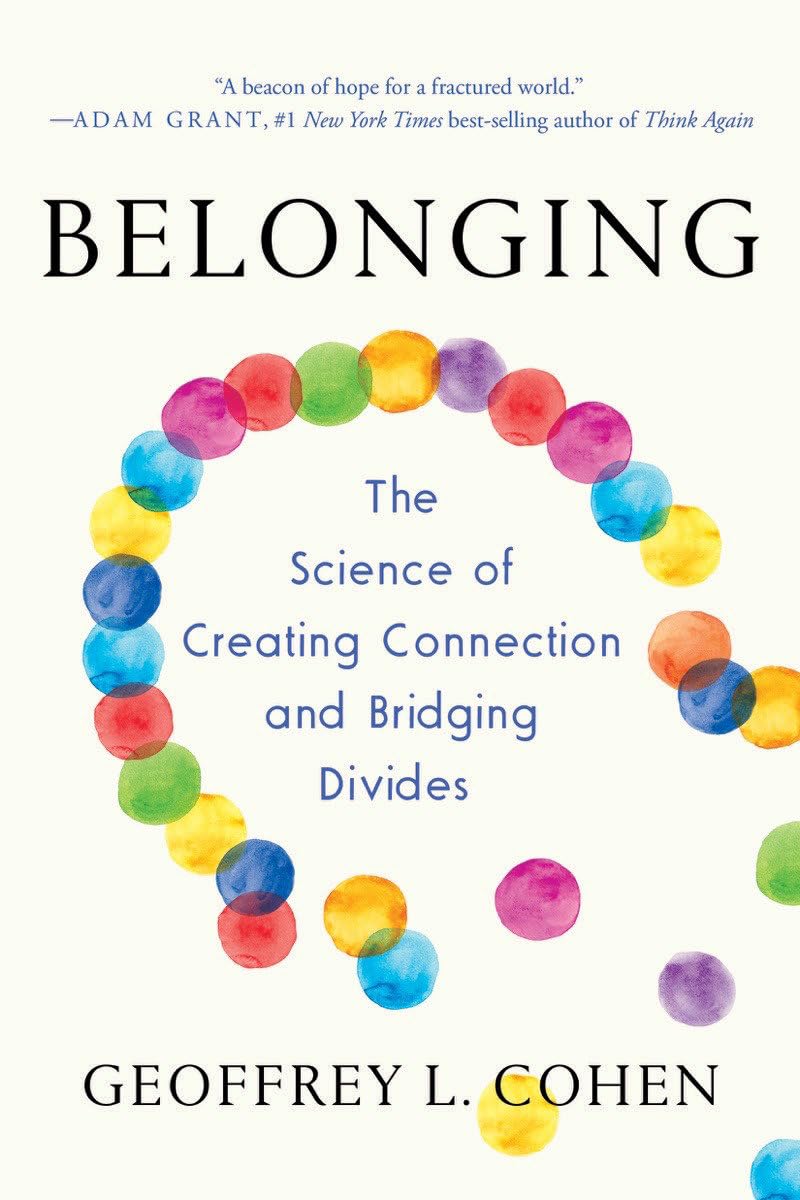
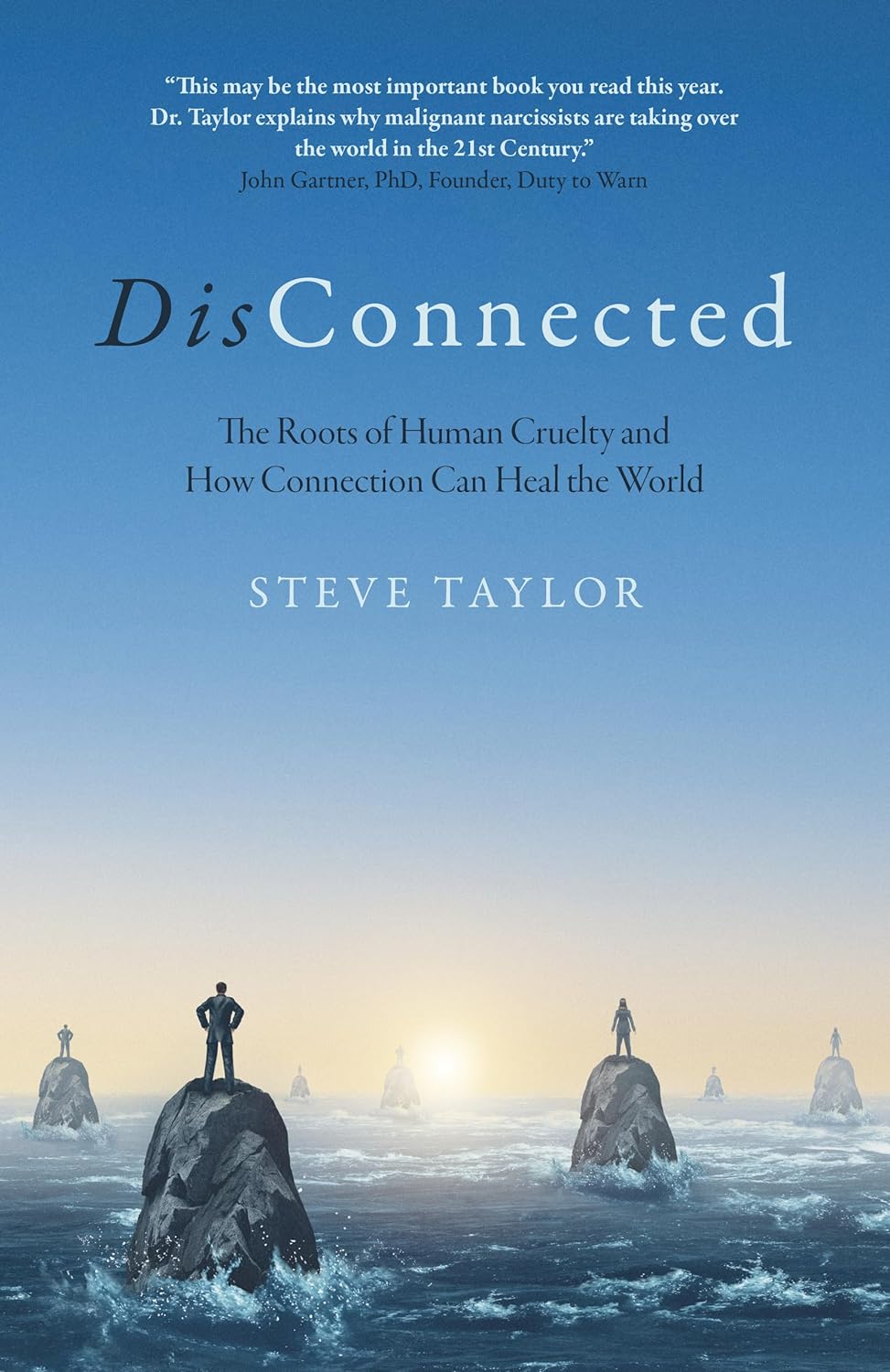
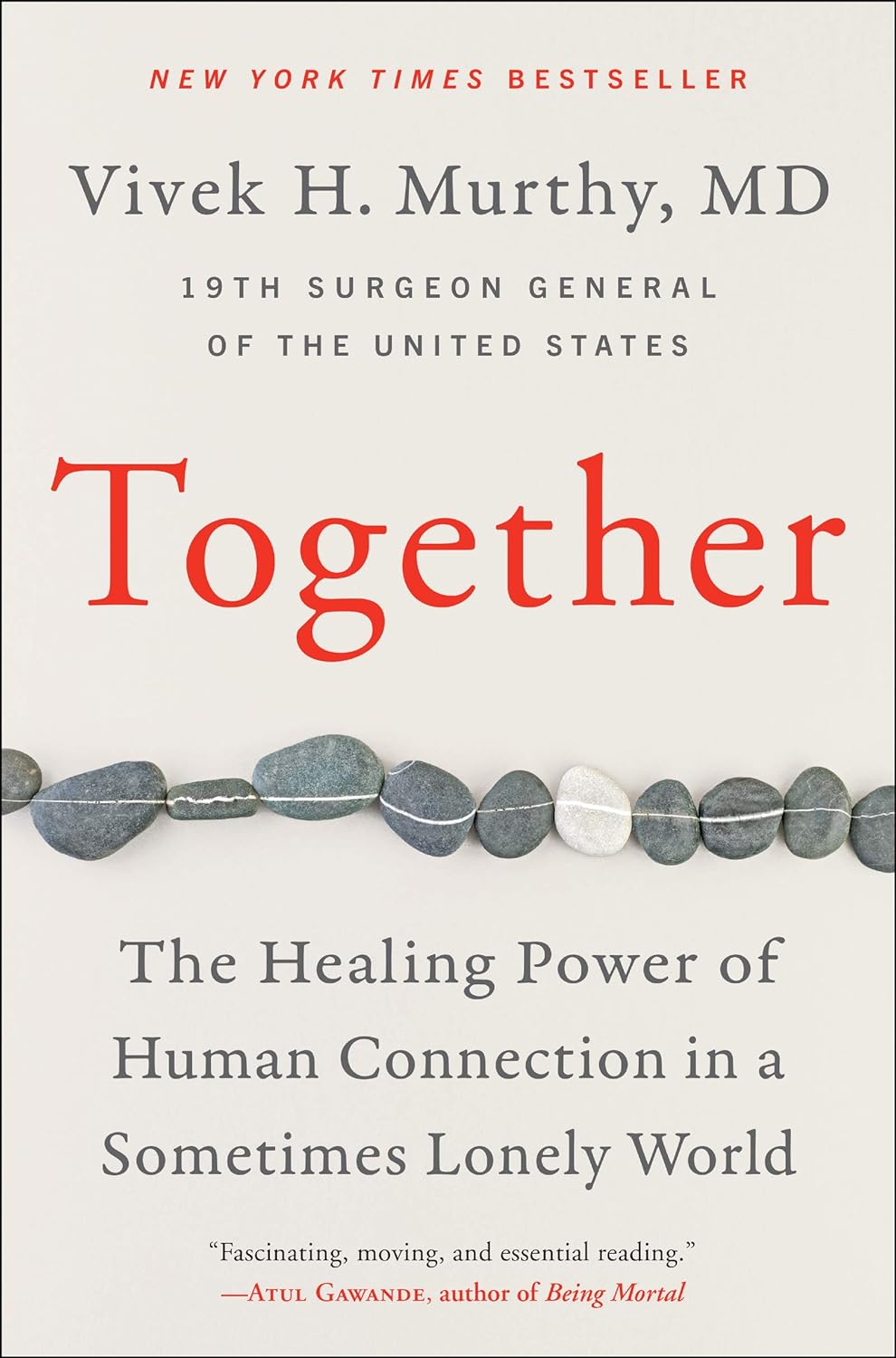

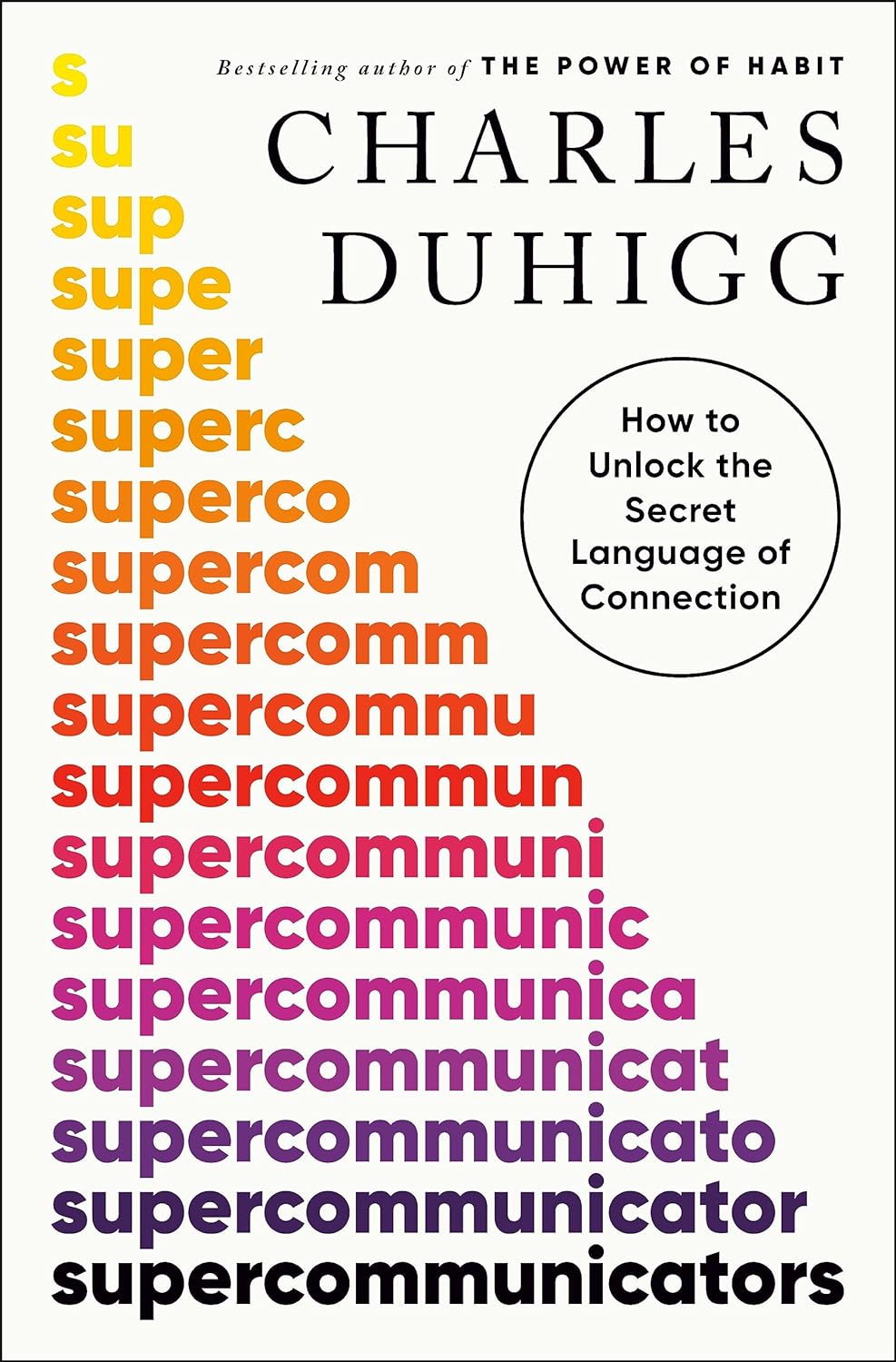

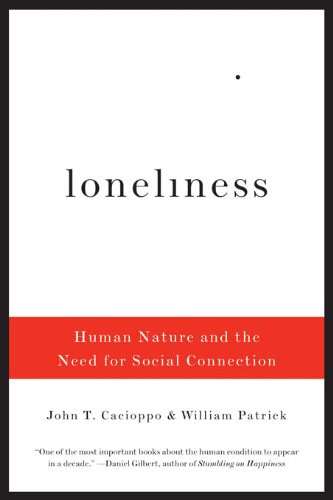
 RSS Feed
RSS Feed